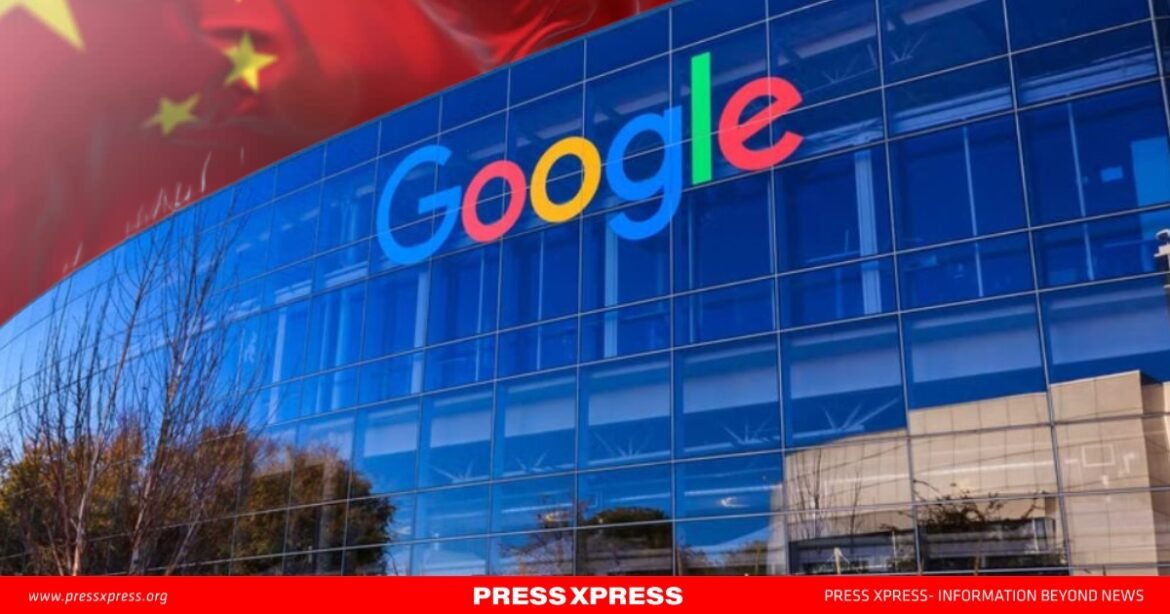China announced a series of countermeasures on Tuesday in response to new U.S. tariffs, imposing duties on American energy and manufacturing exports, launching an antitrust probe into Google, and tightening controls on the export of key industrial minerals.
Beijing will apply a 15% tariff on U.S. coal and liquefied natural gas (LNG) and a 10% duty on crude oil, agricultural machinery, and large-engine vehicles, China’s Ministry of Finance said in a statement. The tariffs will take effect next Monday, just as Washington’s latest round of levies is set to be enforced.
The Chinese government also said it had filed a complaint with the World Trade Organization (WTO), calling the U.S. tariffs “a serious violation of international trade rules” that “undermine normal economic and trade cooperation” between the two countries, reports Reuters.
Measured Response, Strategic Targets
The tariffs are expected to have a limited direct impact on China’s economy but could disrupt key U.S. exports.
China, the world’s largest importer of LNG, sources most of its supply from Australia, Qatar, and Malaysia, with the U.S. playing a minor role. Similarly, only 1.7% of China’s crude oil imports came from the U.S. in 2023, making it easy for Beijing to shift purchases to other suppliers, including Russia.
The tariff on U.S. agricultural machinery and large-engine vehicles could, however, add pressure on American manufacturers already facing supply chain challenges and slowing demand.
“China is strategically choosing sectors where it can minimize domestic economic impact while still sending a strong message to Washington,” said a Shanghai-based trade analyst who declined to be named due to the sensitivity of the issue.
Google Investigation Raises Pressure on U.S. Tech
China’s State Administration for Market Regulation (SAMR) separately announced an antitrust investigation into Google, though it did not explicitly link the move to trade tensions.
Google, which exited the Chinese search market in 2010 after clashing with Beijing over censorship rules and cyberattacks, maintains only a limited presence in the country. However, it still partners with local firms to distribute apps and services, and the probe could create regulatory challenges for those operations.
China Tightens Grip on Critical Minerals
Beijing also expanded its export controls on rare metals, restricting shipments of tungsten, tellurium, bismuth, molybdenum, and indium—materials used in semiconductors, aerospace components, and clean energy technologies.
China dominates the global supply chain for many of these resources, producing nearly 90% of the world’s refined rare metals. Restrictions on these materials could further strain U.S. manufacturers already dealing with tight semiconductor supply chains.
This follows an earlier move in December, when China imposed limits on gallium exports, another key element in chip production.
“China isn’t going for an all-out escalation, but it is making clear it has leverage in critical sectors,” said a senior trade policy researcher at a Beijing think tank.
Blacklisting U.S. Companies
In a further sign of worsening economic ties, China added PVH Group (owner of Calvin Klein and Tommy Hilfiger) and biotech firm Illumina to its “unreliable entities” list, barring them from conducting trade or investment activities in China.
PVH has been under scrutiny since last year for its stance on Xinjiang cotton, a sensitive issue that has put Western brands at odds with Beijing.
The move could increase compliance risks for multinational firms operating in China, analysts say.
Diplomatic Uncertainty
U.S. President Donald Trump has said he will speak with Chinese President Xi Jinping in the coming days, raising the possibility of de-escalation.
“The risk is that we enter a new cycle of tit-for-tat trade measures, which could weigh on global growth,” said Stephen Dover, chief market strategist at Franklin Templeton.
For now, China’s response appears calibrated—firm but measured, signaling its willingness to retaliate while leaving room for negotiation.


